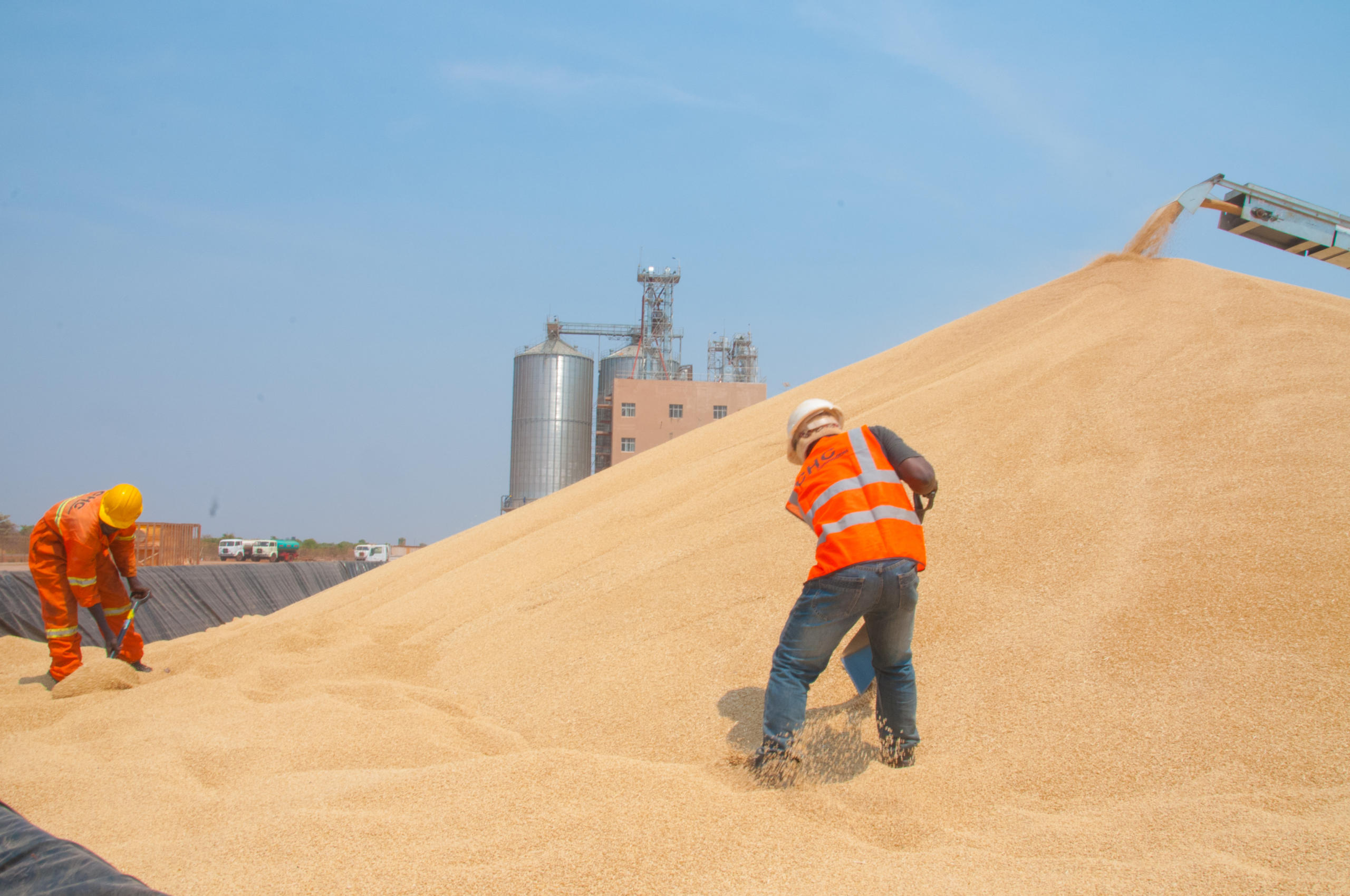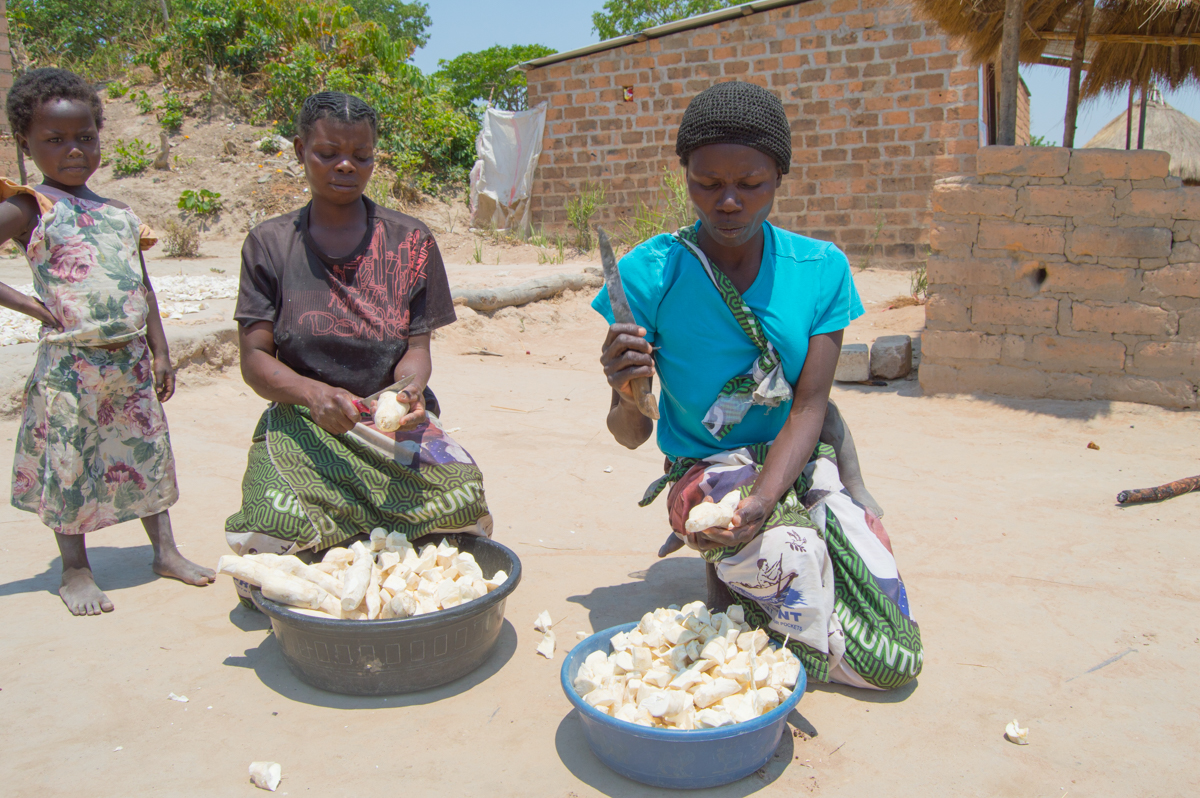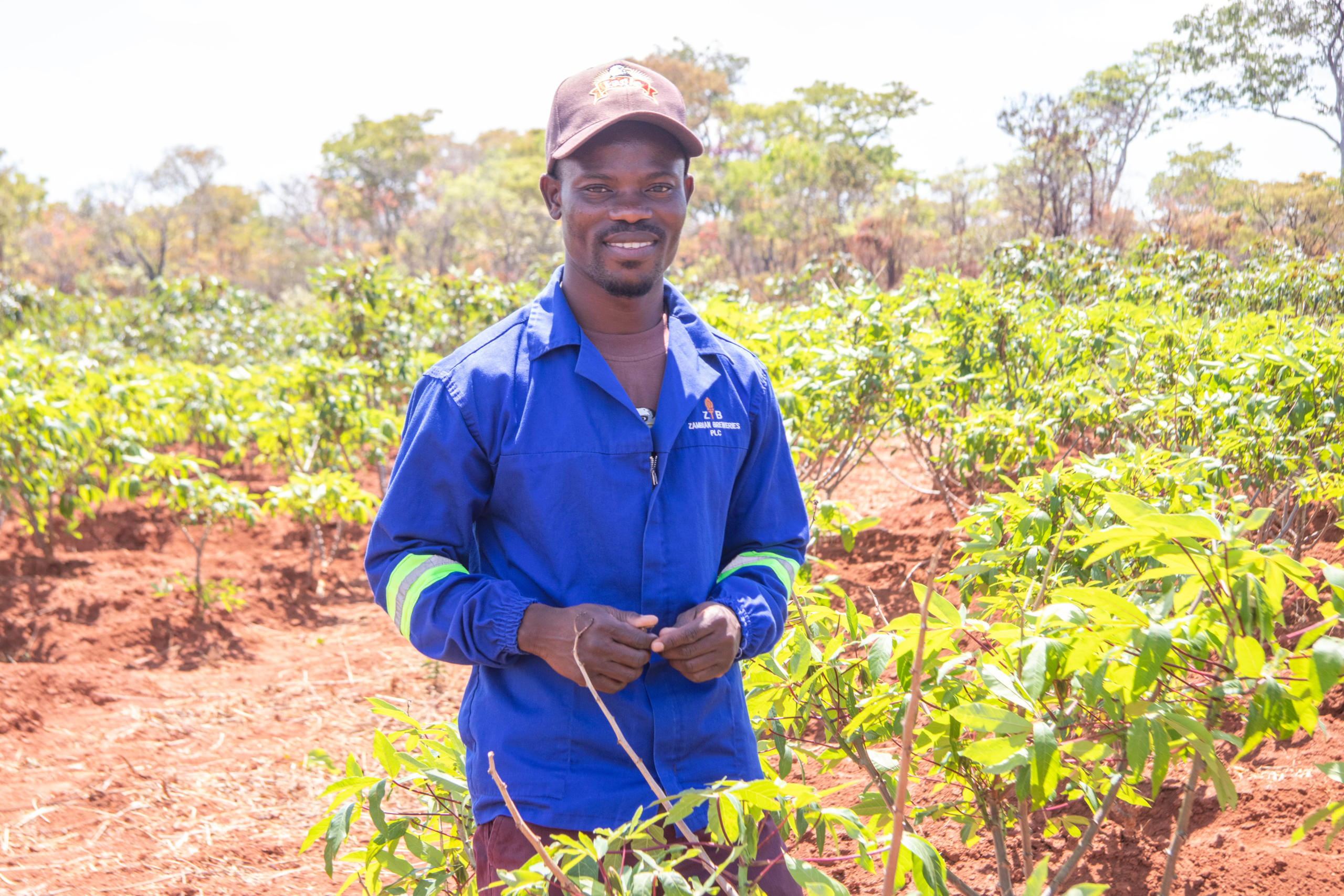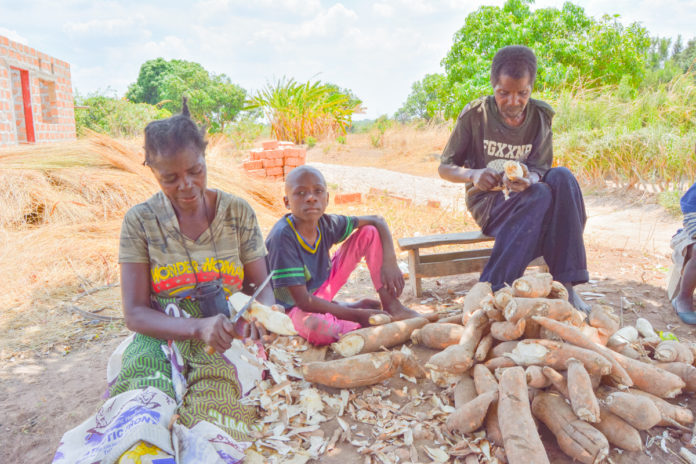Zambian Breweries continues to support local farmers across the country by purchasing raw materials such as maize, barley, sorghum, and cassava used to brew its beer.
As one of the largest buyers of agricultural produce in Zambia, the company is creating a much-needed market for the farmers, which is particularly important in the challenging environment amid the COVID-19 outbreak.
“We depend on high-quality agricultural crops to brew our beers, so supporting the livelihoods of farming communities is vital for us. We are working with over 3000 direct farmers across 10 provinces at the moment with produce ranging from barley to sorghum, maize and cassava allowing us to brew the best beers,” said Zambian Breweries Agriculture Manager Chris Nicolle.
As at the year-end 2019, the company purchased, just under, 2,000 tons of cassava and is looking to purchase a further 3,100 tons this season. This saw over 700 cassava farmers benefiting from the initiative.

Meanwhile, sorghum, purchases were hampered by the drought last year as most farmers in Southern Province did not sell their sorghum but kept the crop for home consumption. However, the company was able to purchase 1,400 tons of sorghum from commercial growers in the Northern part of Zambia.
Zambian Breweries has since distributed seed to over 2,000 farmers in Southern Province as a way of supporting the farmers and hopes that there will be a good crop harvest this year. Barley production stood at, just under, 20,000 tonnes of malt grade.
Through key partnerships, Zambian Breweries has achieved sustainable methods of farming and has improved farmers’ yields. The company has also continued to directly empower farmers by equipping them with skills, knowledge, and financial support through innovations that have transformed the livelihoods of the farmers and the communities where they are based.

“As big buyers of local produce, we are helping farmers improve their productivity, their profitability, and their efficient use of natural resources, such as soil and water. We believe research, knowledge, technology and financing are the key ingredients to transforming agriculture at scale. We leverage these to advance agricultural development and measure our impact through yields, resource-efficiency, and soil health and smallholder incomes,” added Mr Nicolle.
Building on AB InBev’s Global 2025 sustainability goals, in tandem with Zambia’s Seventh National Development Plan, to make Zambia a middle-income country by 2030, Zambian Breweries has promoted value addition.
It has helped diversify the economy through purchasing crops from both small-scale and commercial farmers and also using blockchain technology to enhance smart agriculture and financial inclusion, especially in rural areas through the launch of the Chembe BanQu project.

“We are committed to catalysing sustainable transformation – securing our supply chains, improving farmer livelihoods, and strengthening natural ecosystems – now and for the years to come,” said Mr Nicolle.

